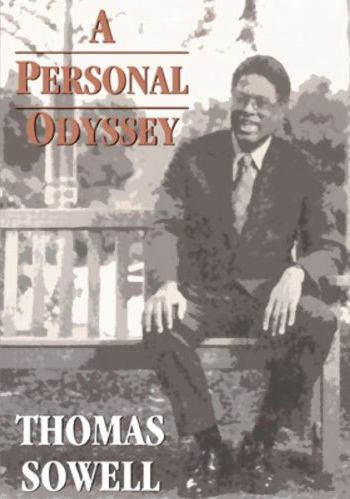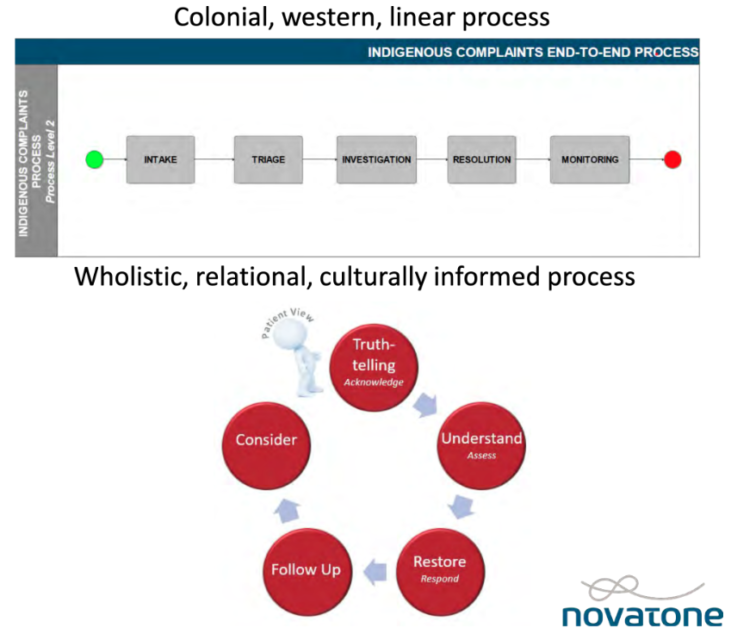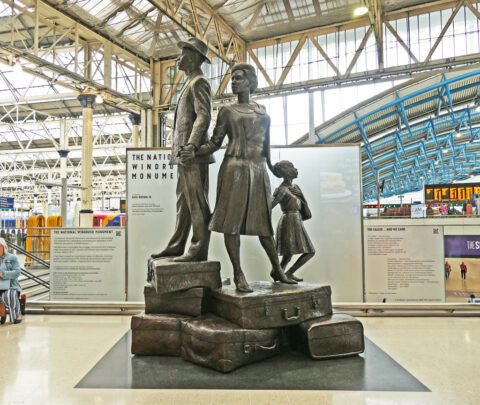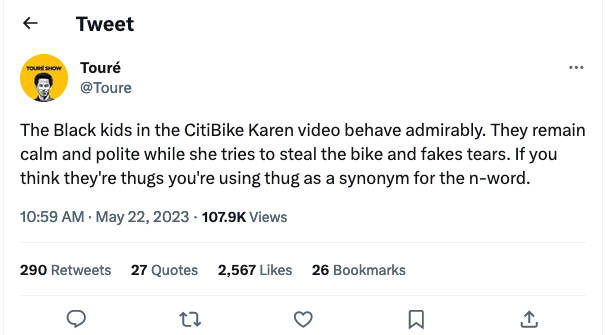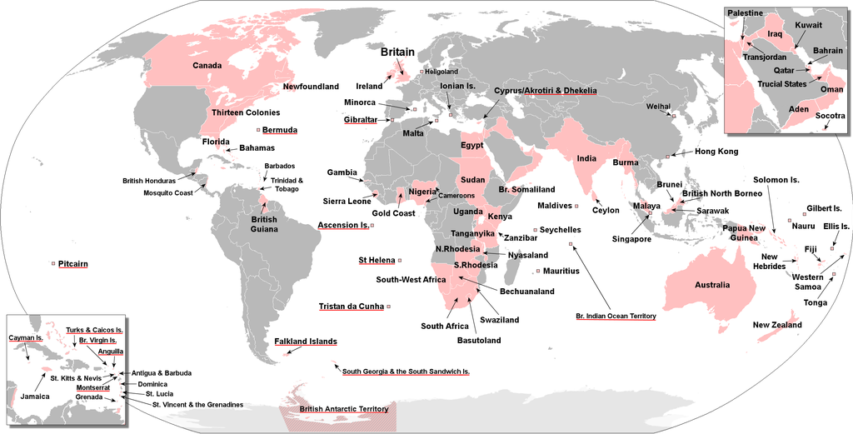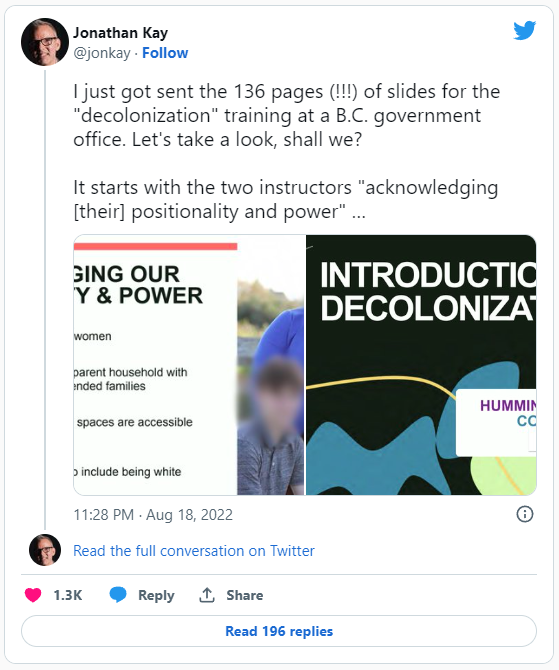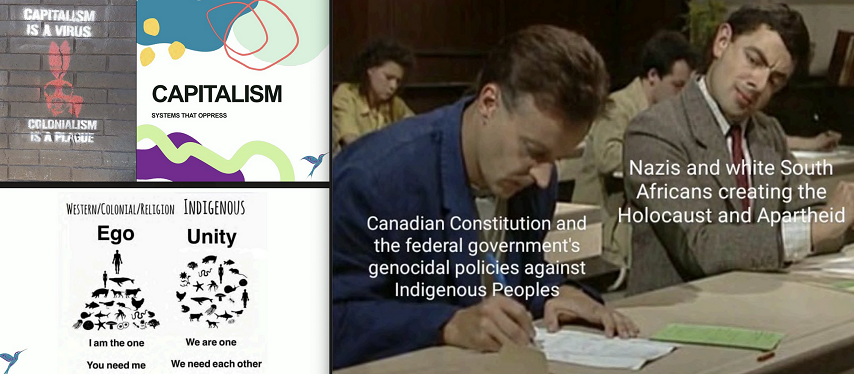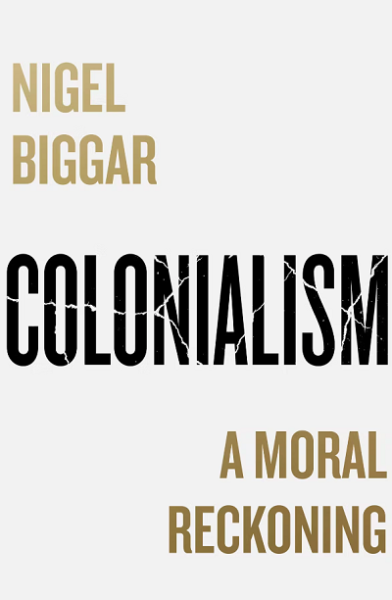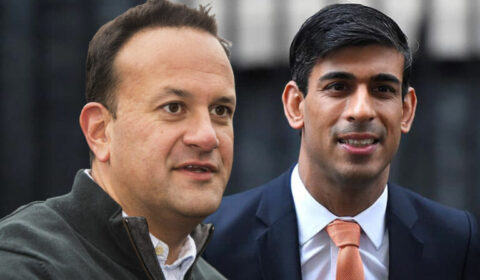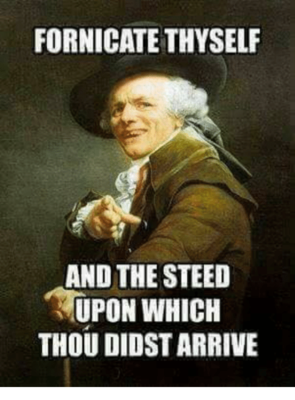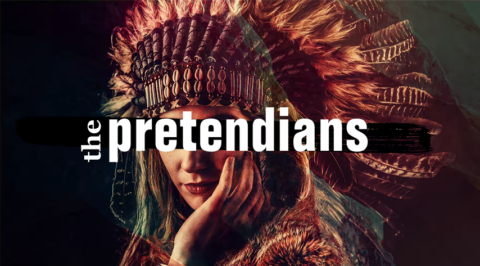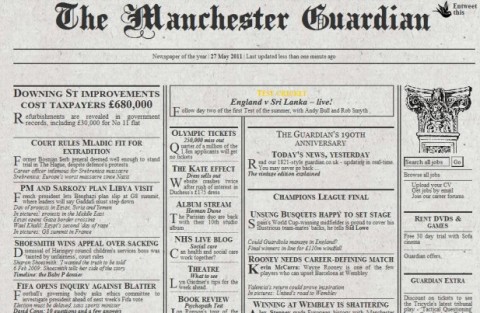Last week, Richard Hanania posted this review of Chris Rufo’s new book America’s Cultural Revolution: How the Radical Left Conquered Everything:
Some facts are so shocking that you don’t want to believe them. And if you do believe them, there’s a tendency to forget, downgrade their importance, and often have to be reminded of them again. Here’s one fact that falls into this category: The American education system, or at least the field of education itself, was taken over by literal communists. Those entrusted to teach children and young adults have as their greatest intellectual inspirations lunatics who would clearly have massacred their fellow Americans if they had the chance.
We know this because during the Cold War, some of the leading lights of modern academia were openly in favor of distant regimes that were engaging in mass killings in the name of equality. Some of them, like members of the Weather Underground and Angela Davis, personally participated in violent acts themselves. Instead of locking these people up and throwing away the key, we made them into tenured professors, and some of the most highly cited scholars in the world. They now are major intellectual figures in education schools, which train future teachers and administrators and ultimately control what kids learn, along with the DEI bureaucracies that exert so much control from within our most powerful institutions.
What does one do with these facts? Chris Rufo’s work over the last several years has been about taking them seriously. Tomorrow, he is publishing his first book, America’s Cultural Revolution: How the Radical Left Conquered Everything, which explains the history behind and intellectual foundations of modern wokeness. It serves as a wakeup call as to how bad things are. Many of the facts presented may be familiar to the reader, but taken together, they tell a story that serves as a searing indictment of the American establishment.
Rufo’s book is built around intellectual biographies of four activist-scholars: Herbert Marcuse, Angela Davis, Paulo Freire, and Derrick Bell. He traces their influence through political organizing and propaganda efforts. Marcuse was the intellectual godfather of the New Left. Davis’ Black Panther movement can be considered the precursor to BLM. Freire’s Pedagogy of the Oppressed “became the bible of teachers colleges throughout the United States and created a cottage industry in academic publishing,” with the author’s research having garnered about half a million citations. Finally, Derrick Bell was the force behind Critical Race Theory, a movement that seems to have been resisted and laughed at by most of the academic legal establishment before it wore its opponents down and gained a foothold in top law schools.
I can’t help but feeling a certain parallelism between Rufo’s work and my own. We both started becoming well known for writing about wokeness in the last few years. We both make extensive use of Twitter and longform writing to communicate to the world, and we both have books coming out two months apart with the same publisher trying to explain the origins of the radical ideas and concepts that have taken over American institutions. He’s exactly one year and two days older than me, so we’ve lived through the same formative political and cultural experiences, watching “white” become an epithet and homosexuals go from being a leper class when we were in high school to individuals having a preference that seems almost quaint in the era of public celebration of trans and the alphabet people.
Of course, an important difference is that Rufo has maintained a laser-like focus on wokeness and avoided alienating natural allies as he’s built a broad coalition within the conservative movement to take on the enemy. And his accomplishments have been quite impressive. Rufo was almost single-handedly responsible for Trump banning Critical Race Theory in the federal government, as he’s also developed close working relationships with Ron DeSantis and other politicians. Today, when Republican-controlled states ban gender transitions for minors, forbid the discussion of Critical Race Theory in schools, or abolish DEI offices in public universities, Rufo is serving as an intellectual inspiration to decision makers when he’s not directly involved in the policy process himself. If wokeness is ever defeated, one can imagine a leftist in thirty years writing a book on the career and activities of Rufo the way he writes about Marcuse and others today.


